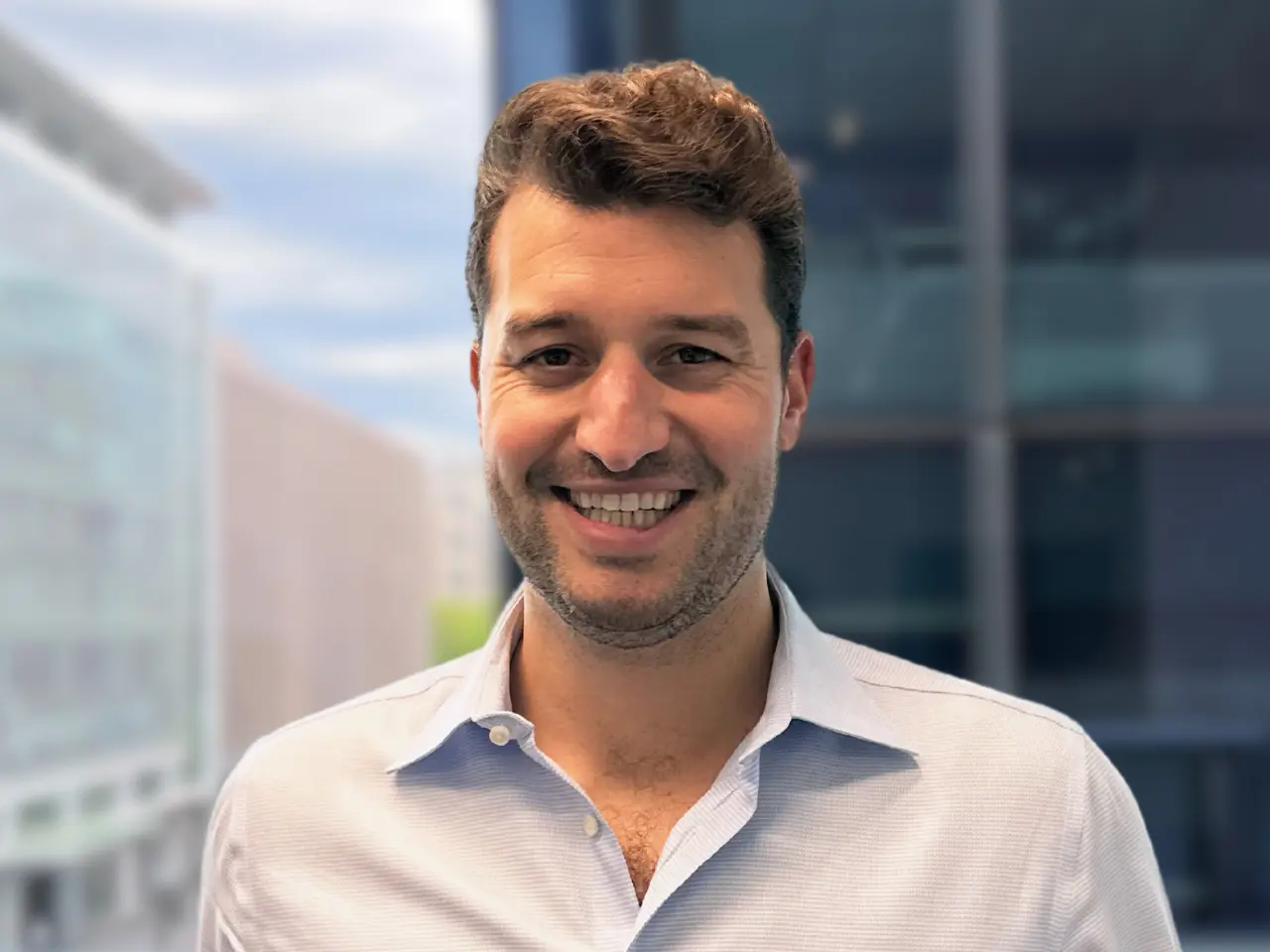Off-cycle recruiting back in style for private equity firms seeking dynamic talent

Historically, top private equity firms compete for the best talent to fill their incoming class of associates during “on-cycle” recruiting.
Read: On-cycle recruiting, explained
But as firms have opened the aperture to a more diverse range of talent, “off-cycle” recruiting is playing an important role in the talent acquisition process.
In this article, we explain the conditions leading some firms to place more importance on off-cycle recruiting. But first, let’s define some key terms.
On-cycle recruiting: A short period of time (usually a week or less) where private equity firms engage in a fiercely competitive hiring spree for the best investment banking and/or strategy consulting analysts. If you land a role during on cycle, your start date can be as far as two years out (or more!).
Off-cycle recruiting: Any associate-level private equity recruiting that occurs between the on-cycle period and the firm’s start date.
Why off cycle?
If the biggest firms compete for talent during on-cycle recruiting, it may seem like any abstaining firms run the risk of losing out on good hires for their associate ranks.
On-cycle recruiting began as the result of firms competing for what then represented a true A-player: someone with an ivy league education working at one of the top investment banks or strategy consulting firms with the intentional goal of breaking into private equity.
But in 2024, these characteristics don’t always embody a private equity firm’s talent need (especially as firms have an added emphasis on recruiting diverse talent), so they may be able to land the right candidates off cycle.
The evolution of the private equity associate:
Covid-19 left a huge impact on private equity, which altered the ideal associate profile.
The economic slowdown halted deals, and stay-at-home orders created a remote work environment that diluted the experience of working for a top shop, which leveled the playing field for middle-market firms to recruit a higher echelon of talent.
For the first time, smaller firms were able to hire elite investment bankers and consultants into their ranks. These firms then transformed the experience of an analyst-turned-private-equity-associate, namely by exposing them to more dynamic roles.
New associates were suddenly tasked with portfolio management and M&A, which required the more personable and well-rounded talent profile we continue to see in high demand today.
We’ve also seen many private equity firms start up successful analyst programs recruiting some of the best and brightest directly off undergraduate campuses, which has allowed for a more diverse associate talent pool for those that are given the offer to stick around after their two-year analyst program.
Delayed start dates impacting on cycle’s popularity:
Additionally, the timing of on-cycle recruiting has caused a portion of banker and consultant talent to hold off on interviewing during the initial onslaught.
On-cycle recruiting now can be up to (or more than) two years before a candidate’s matriculation at a private equity firm. Some candidates simply aren’t ready to commit to the private equity industry or to a specific firm this early, and in some cases they haven’t even started their initial role post-undergrad.
The takeaway:
On cycle is a popular recruiting tactic for large private equity firms that compete to hire a specific profile of talent, and we don’t suspect that will change anytime soon.
However, as private equity firms look to diversify their talent pools, we suspect there will be more emphasis on off-cycle recruiting to fill all, or a portion of, their associate-level roles.
To learn more about private equity recruiting, contact Clifton Vaughan at (336) 217-9133 or clifton.vaughan@charlesaris.com.
SIMILAR ARTICLES
Meaningful conversations: How our deal-sourcing team connects with founders
We launched our transaction services business with the guiding philosophy that meaningful conversations lead to successful deals.
The new era of workplace wellness at Charles Aris
Throughout the past year, we’ve also integrated firmwide activities into our culture to promote healthy meditation, social events and exercise.
Charles Aris in the community
Our firm places a high value on giving back to our communities, and our team members have been working alongside several organizations to do so.



